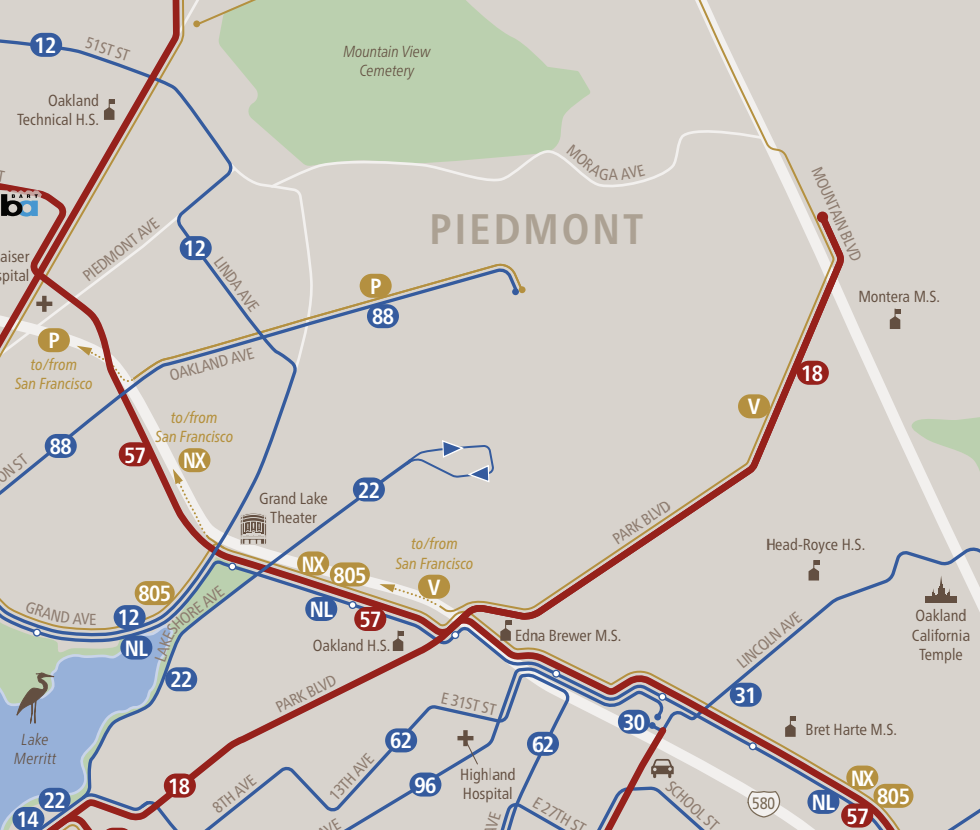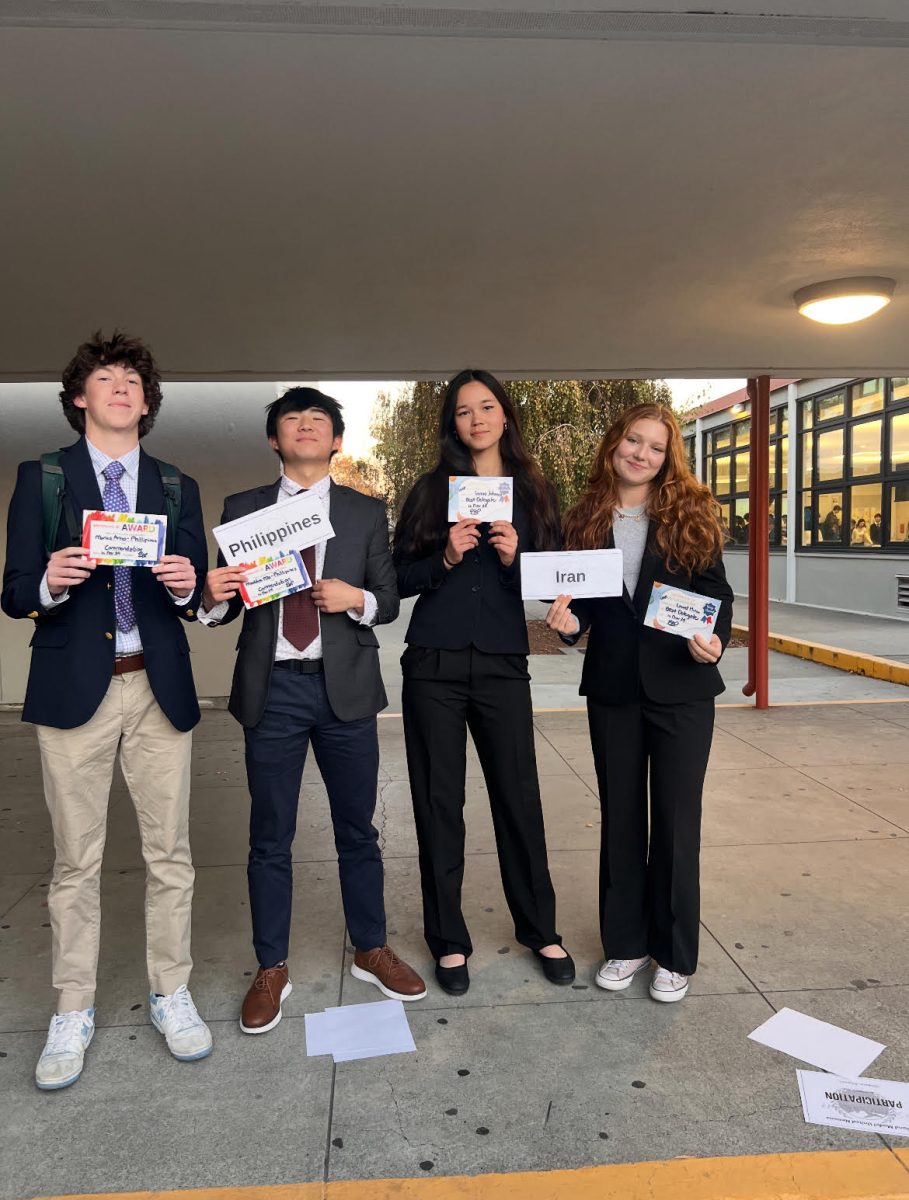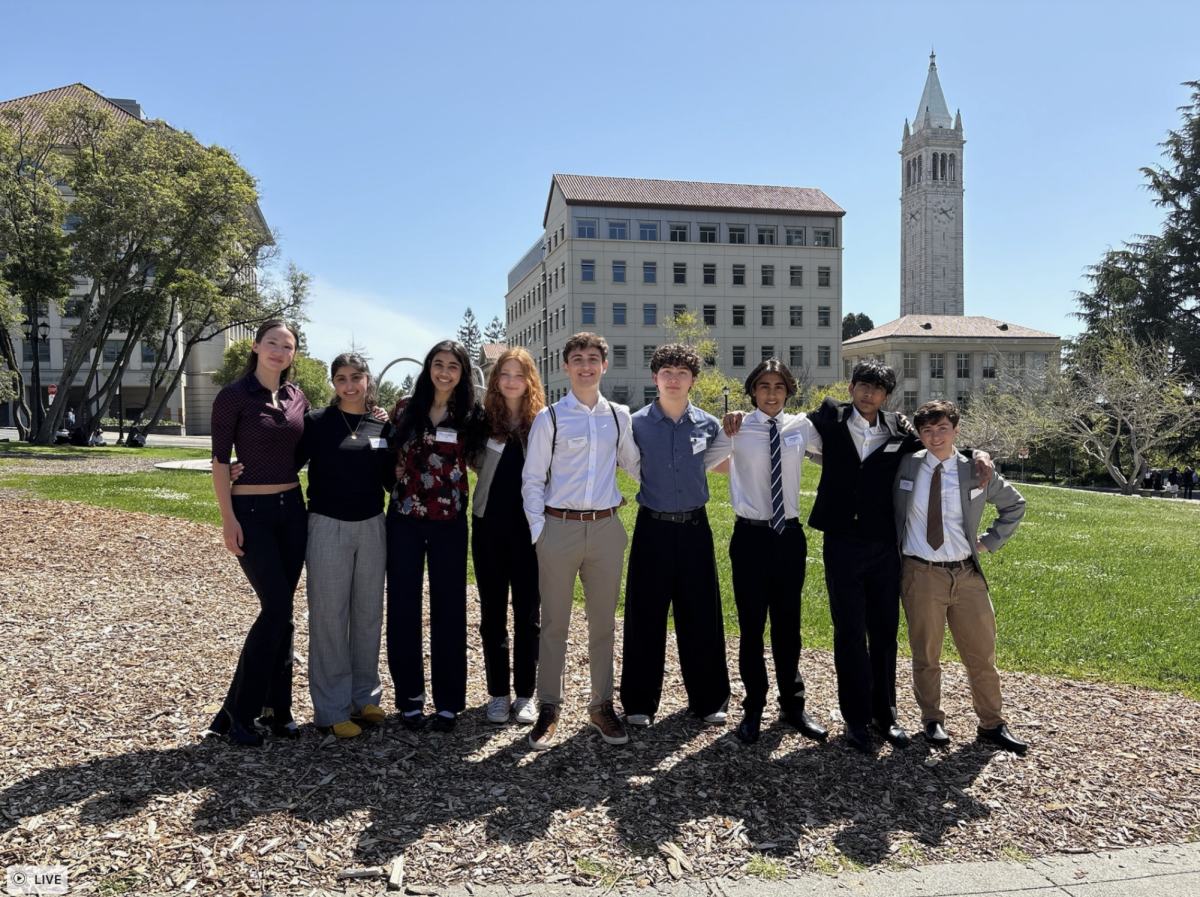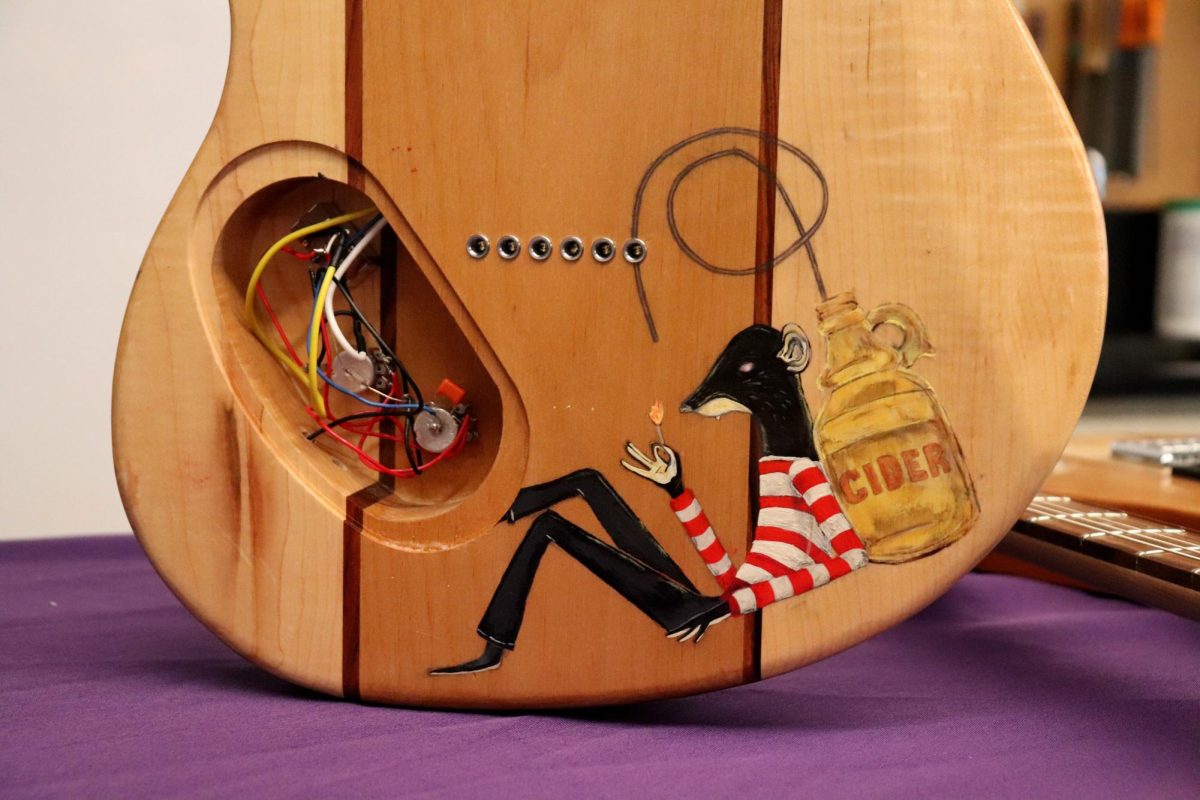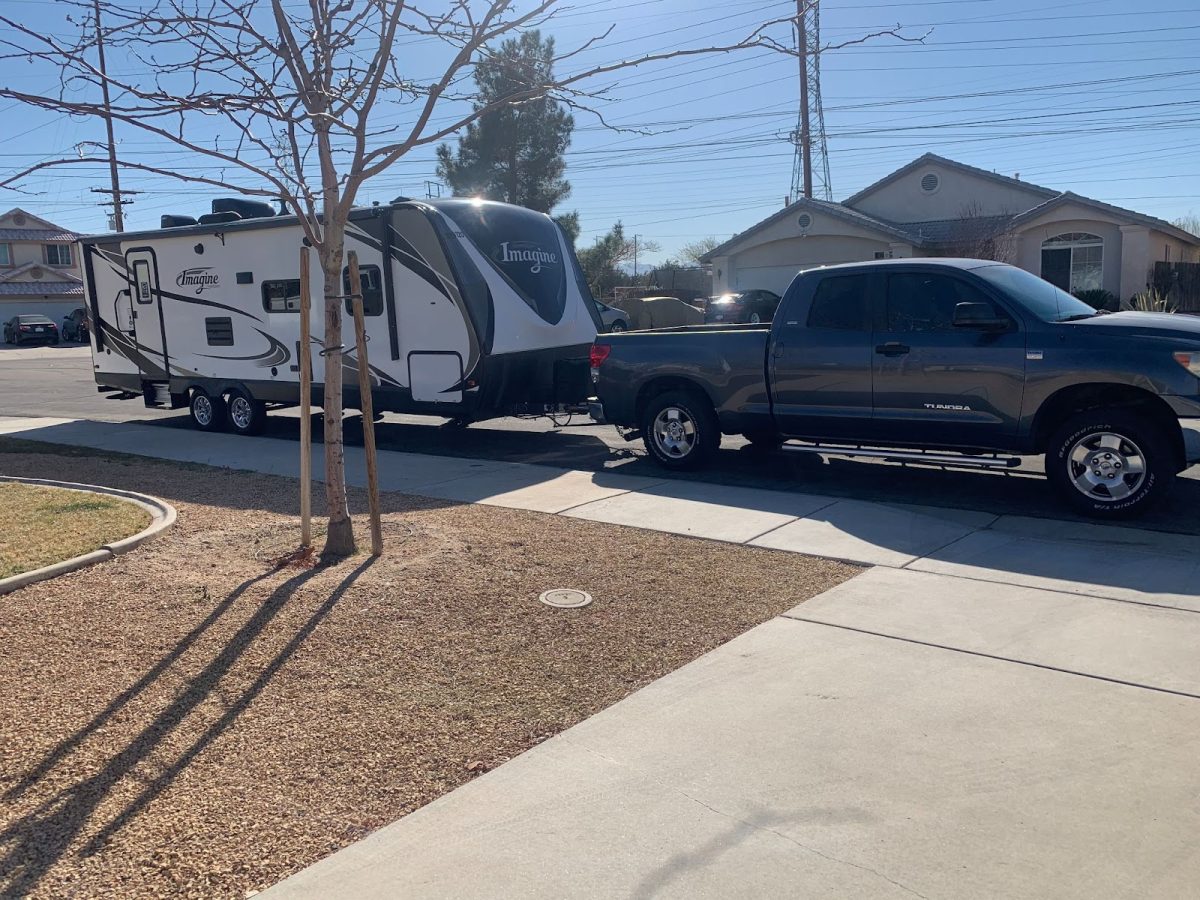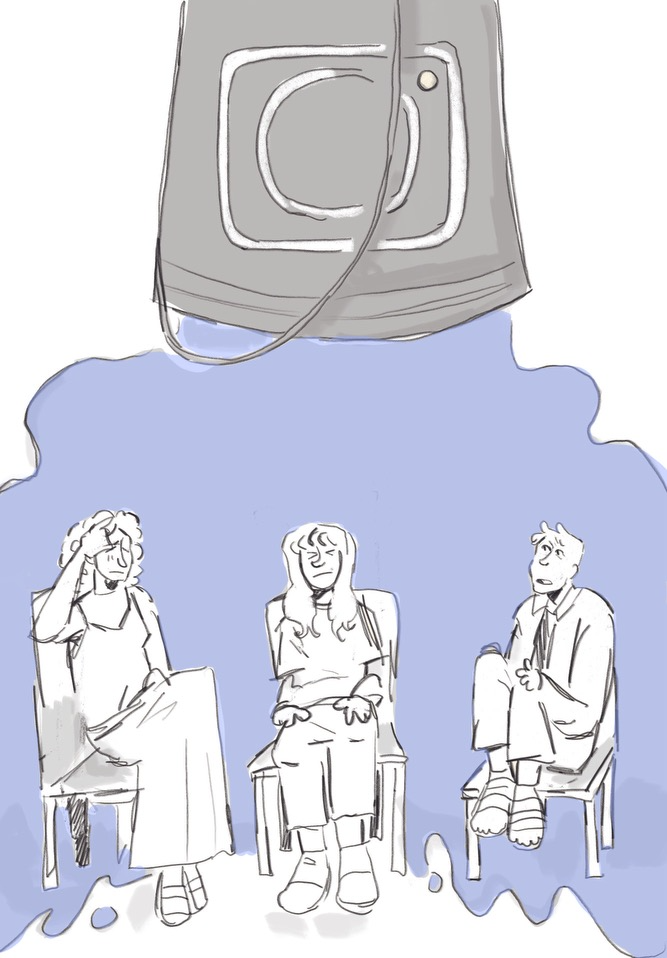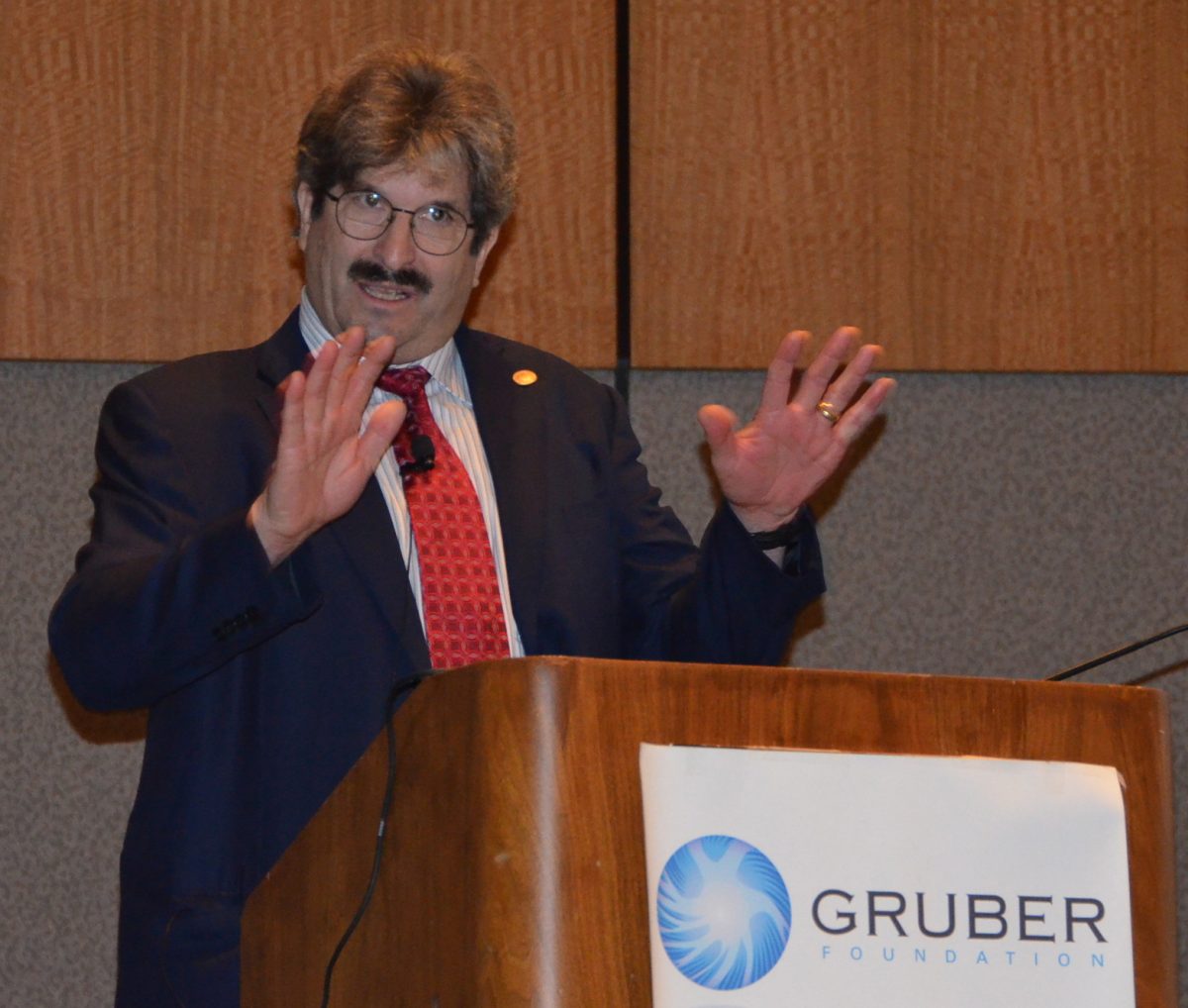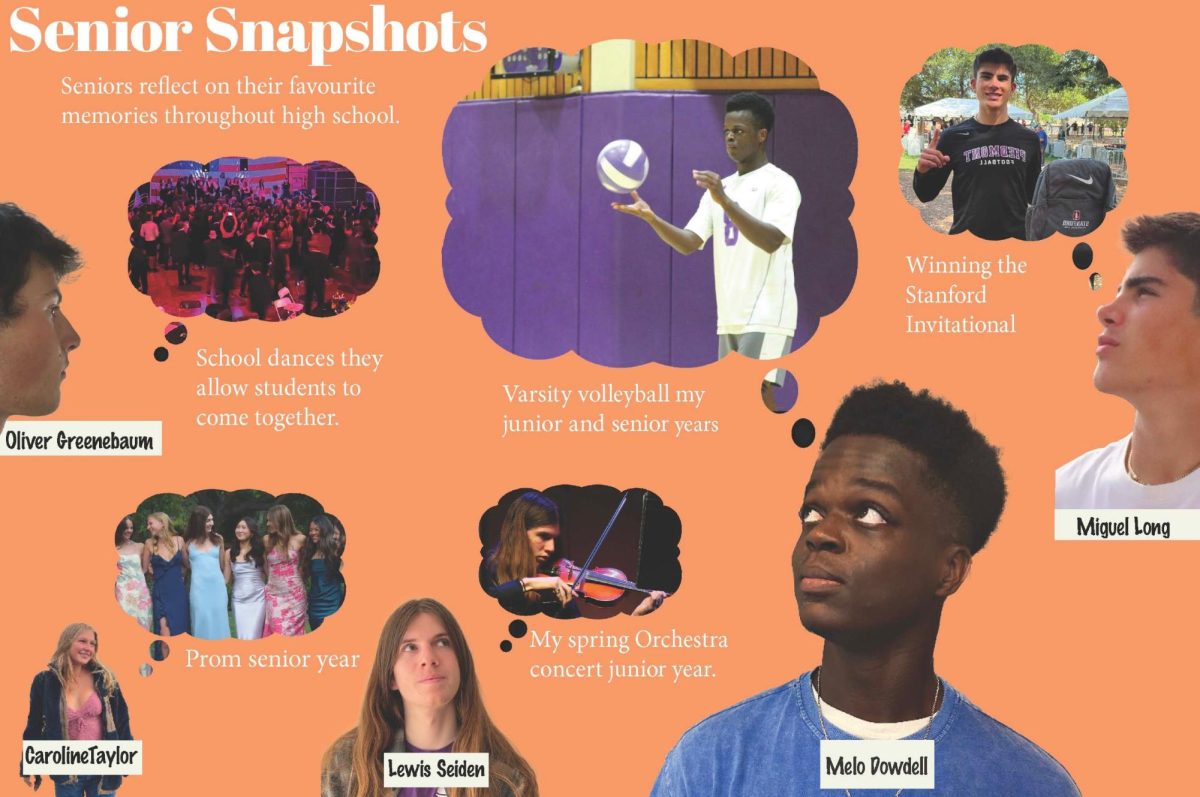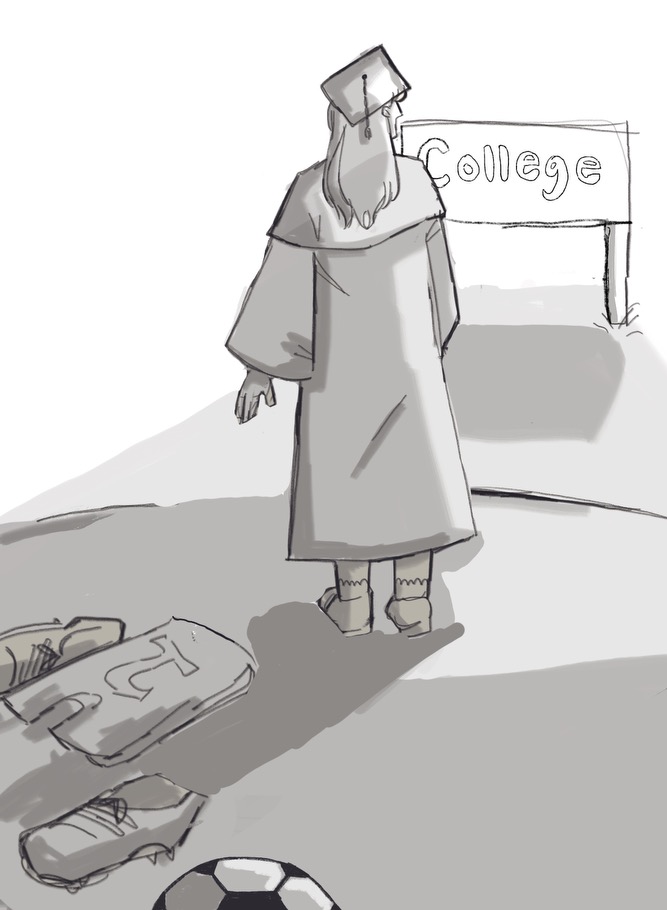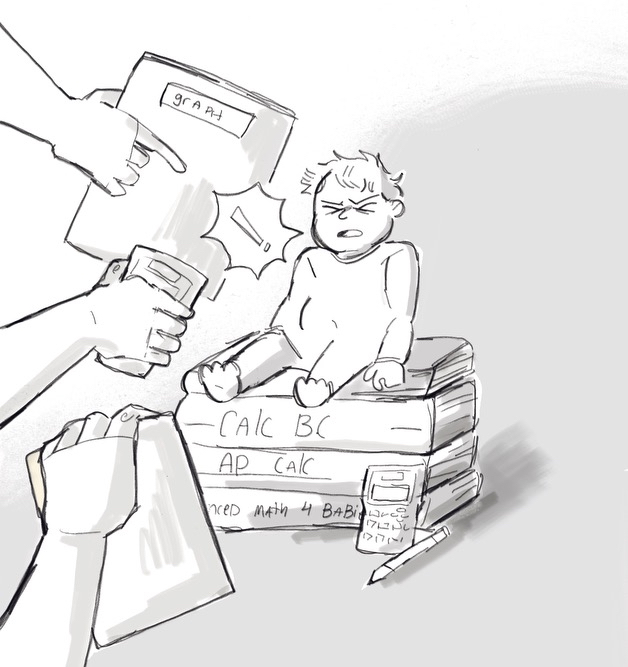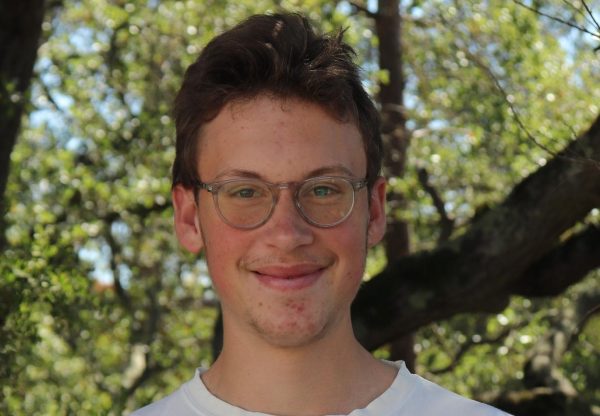Ensuring the protection of free speech does not just come down to blocking censorship from the government or other authority figures. Although that is certainly an issue, it is also about ensuring that we as individuals work together to create an environment where free inquiry and speech are protected.
Every person who participates in a public space can play a role in protecting free speech. The actions of individuals acting together can have a huge impact on the larger world for good or ill. Take “cancel culture” for example–a group of people essentially boycott an individual for their beliefs. This fear of persecution by a legion of individuals for what is essentially a thought crime can have a chilling effect on free speech. While cancel culture is often associated with the Internet, strains of it can also occur in a non-digital setting–a speaker may be shouted down or barred from entry into a discussion, for instance.
While individuals can negatively affect free speech they can also have a positive effect and aid in its protection. For example in the classroom setting, individuals can listen respectfully to view points they disagree with when discussing controversial topics. This can seem like a small and unimportant act, but it is extremely important in ensuring that students are exposed to a diverse range of viewpoints. This is especially important in a town like Piedmont. Piedmont and the Bay Area as a whole generally leans to the left of most of the country, and as a result most students are exposed to primarily left wing views. This politically homogeneous environment leads to students with minority views feeling uncomfortable expressing them due to fear of judgement. This is harmful not only to students who hold dissenting opinions but also for students in the majority, as they are robbed of the opportunity to hear and consider viewpoints different from their own.
People who are only exposed to one set of ideas or opinions risk their critical thinking skills atrophying and their ideas and opinions becoming stagnant and untested. If one’s ideas are never challenged how does one know them to be true or even rational.
More broadly, shunning the other side and engaging with only one’s own has been cast as virtue, which affects and reflects the culture around speech in schools. In reality the opposite could not be more true. California Governor Gavin Newsom caused some furor recently with his hosting of prominent conservatives Steve Bannon and Charlie Kirk on his podcast, angering some more progressive voices within the Democratic Party. In reality his actions in this case should be praised for setting an example of civil discussion and respectfully listening to those you disagree with.
While the political and cultural chasms feel wide, bridging the gaps starts at a local and individual level. Talking and listening to classmates and peers one disagrees with is one way we can make differences of opinion feel less significant then we realized.
